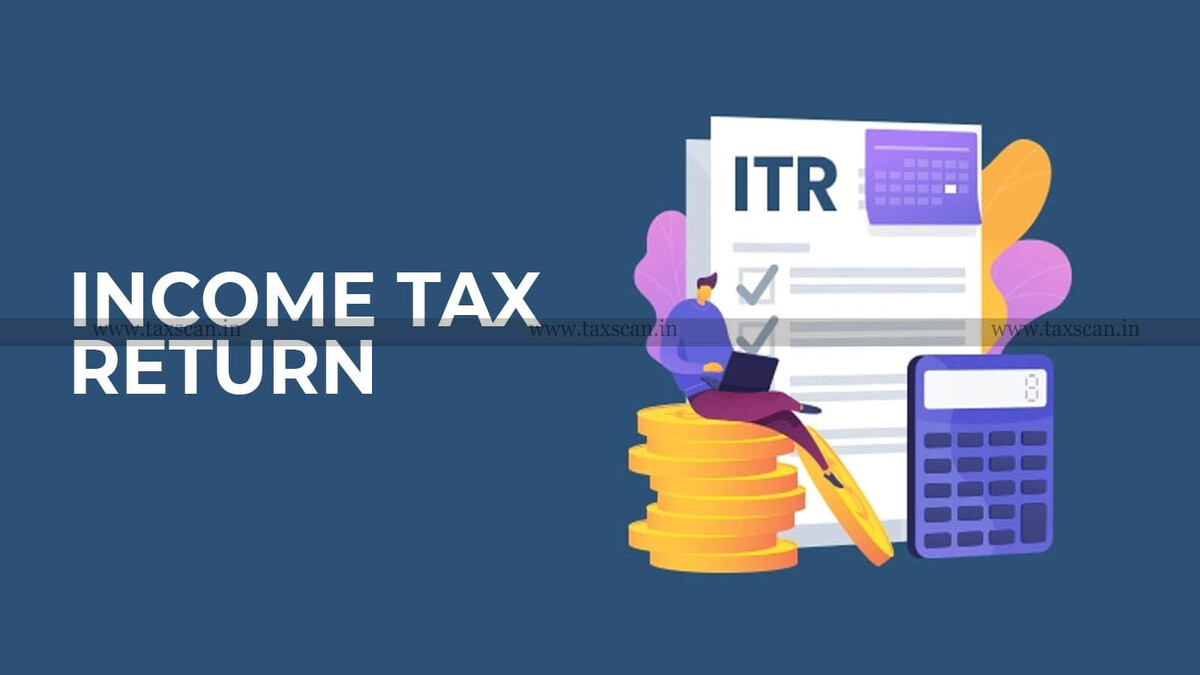Every taxpayer is required to file an Income Tax Return (ITR filing) annually. However, the last date for filing income tax return (ITR) for the financial year 2023-24 is July 31, 2024. But now let’s know how to file the ITR after the due date and how much fine will be levied.
Every taxpayer is required to file an Income Tax Return (ITR filing) annually. However, the last date for filing income tax return (ITR) for the financial year 2023-24 is July 31, 2024. But now let’s know how to file the ITR after the due date and how much fine will be levied.
Every taxpayer is required to file an Income Tax Return (ITR filing) annually. However, the last date for filing income tax return (ITR) for the financial year 2023-24 is July 31, 2024. In this order, all taxpayers are required to file their returns within the due date. But some people keep missing the deadline to file it. Let’s now know how much penalty they will have to pay in such a situation and how to file the ITR after the due date.
What if you don’t pay?
If the returns are not filed by July 31, there will be two types of fines. First, as per Section 234A of the Income Tax Act, the taxpayer has to pay an interest rate of 1 per cent per month on his tax amount. The interest will be calculated from the date on which the taxpayer files the return. Secondly, if the returns are not filed by July 31, the taxpayers will face difficulties in getting the refund money. Apart from this, if the taxpayer does not pay the tax on time, he will face difficulties in taking a home loan or any other loan. This is because banks or NBFCs ask for ITR details from the applicant.
What is the penalty?
As per the income tax rules, if a taxpayer is unable to file a return before the due date, he will have the option of filing the return late. Under this, the taxpayer can file the returns by December 31. However, it should be remembered that you will be charged a late fee for filing late returns after the due date of July 31. The penalty depends on the annual income of the taxpayers.
interest
For example, the annual income of the taxpayer is Rs. In case of rs 5 lakh or less, he will have to pay Rs 10,000 on late return filing. A fine of Rs 1000 will have to be paid. The annual income of the taxpayer is Rs. If it is more than Rs 5 lakh, he will have to pay Rs. A fine of Rs 5,000 has to be paid. Apart from this, the taxpayer will also have to pay interest on his tax amount. To avoid the tax burden, there will be no difficulty if the returns are filed within the due date.










